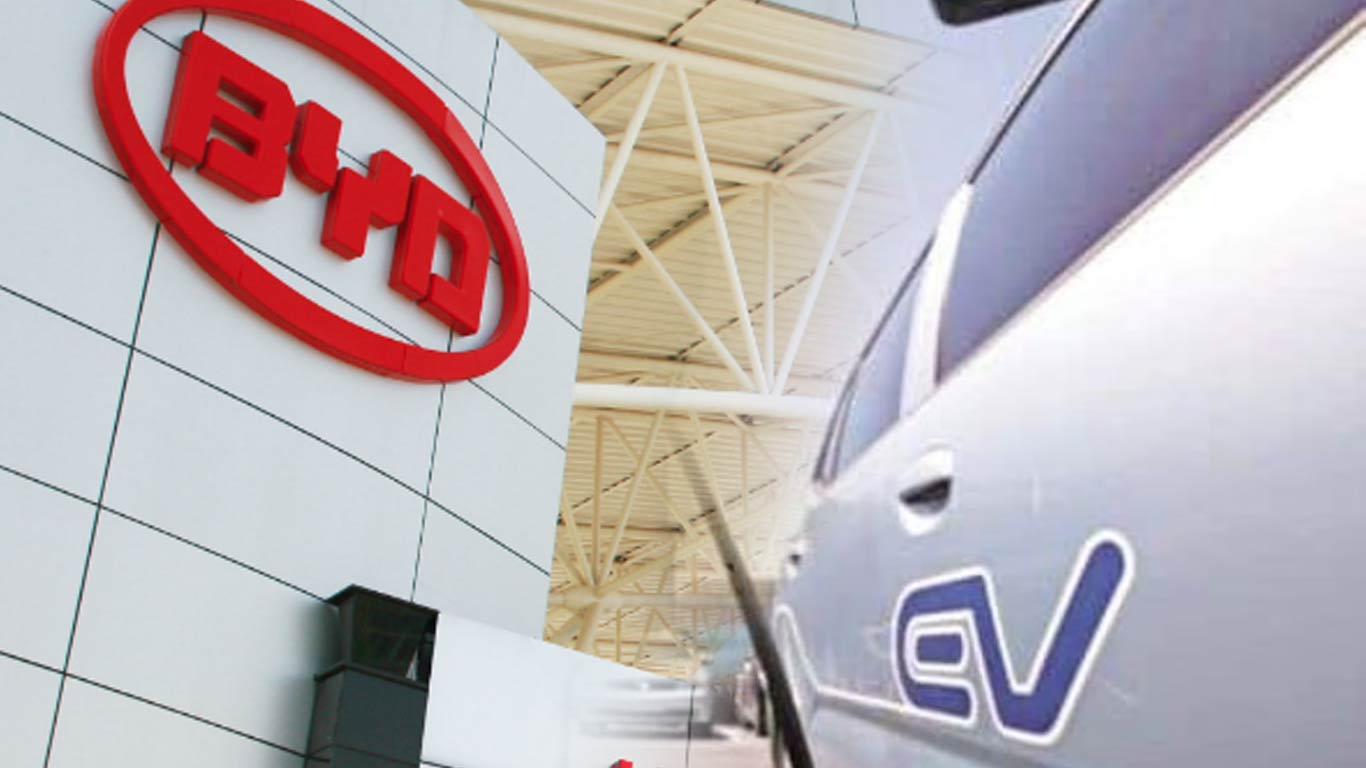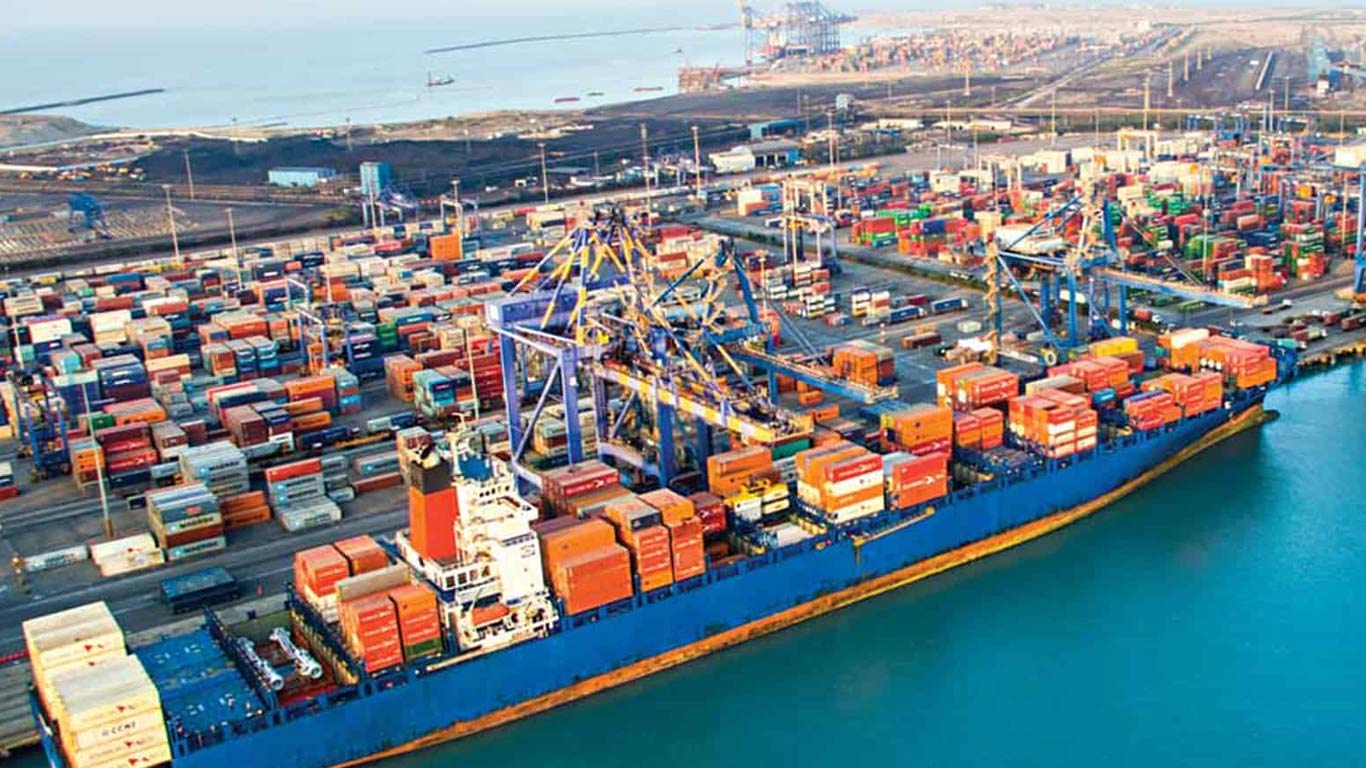CBIC allowing duty-free import of raw materials and capital goods for manufacturing and other operations in a bonded manufacturing facility
Updated: Oct 18, 2019 09:07:17am

CBIC allowing duty-free import of raw materials and capital goods for manufacturing and other operations in a bonded manufacturing facility
New Delhi, Oct 18 (KNN) Government is taking several initiatives to boost exports from India and give exporters an ease of doing business environment.
Calling for Make in India – Export to the world approach amongst industries, CBIC is allowing duty-free import of raw materials and capital goods for manufacturing and other operations in a bonded manufacturing facility.
CBIC is making effort to promote India as the manufacturing hub globally.
The Invest India bonded manufacturing website states that when the raw materials or capital goods are imported, the import duty on them is deferred.
If these imported inputs are utilised for exports, the deferred duty is exempted. Only when the finished goods are cleared to the domestic market, import duty is to be paid on the imported raw materials used in the production.
Import duty on capital goods is to be paid if and when the capital goods are cleared to the domestic market.
However, it mentioned that the applicant must comply with the provisions of the Customs Act 1962, and with all other applicable compliances issued by the Government of India for doing business in India.
Also, the CBIC twitter handle said that the Indian Customs is making trade Swifter, Smoother and Safer. “Easing Compliance and Enhancing Ease of doing Business - Only 3 documents are required for export and import,” it said.
Foe Ease of Bonded Manufacturing, the government has taken steps such as - Commissioner of Customs acts as the single point of contact for all approvals; Common application cum approval form for a license for private bonded facility and permission for manufacturing and other operations; Capital and non-capital goods (raw materials, components, etc.) can remain warehoused until clearance or consumption; New manufacturing facility can be set up or an existing facility can be converted into a bonded manufacturing facility irrespective of its location in India; and maintain all records of manufacturing and other operations digitally in a single format as per.
Through bonded manufacturing, all types of businesses can avail exemption on customs duty on imported inputs used in the production of finished goods to be exported. In the case of domestic consumption, the duty on imported inputs is deferred until the finished goods are cleared to the domestic market.
For better understanding, illustrations below show how a manufacturer and an e-commerce service provider benefit from bonded manufacturing.
Section 65 of the Customs Act, 1962 (hereinafter referred to as, “the Customs Act”) provides for manufacturing as well as carrying out other operations in a bonded warehouse.
Under section 65, the Board has prescribed “Manufacture and Other Operations in Warehouse Regulations, 1966” (MOOWR, 1966). These regulations provide for an application seeking permission under section 65, conditions of the bond to be executed by the licensee, maintenance of accounts, conduct of special audit and cancellation / suspension of permission etc.
---------------------











